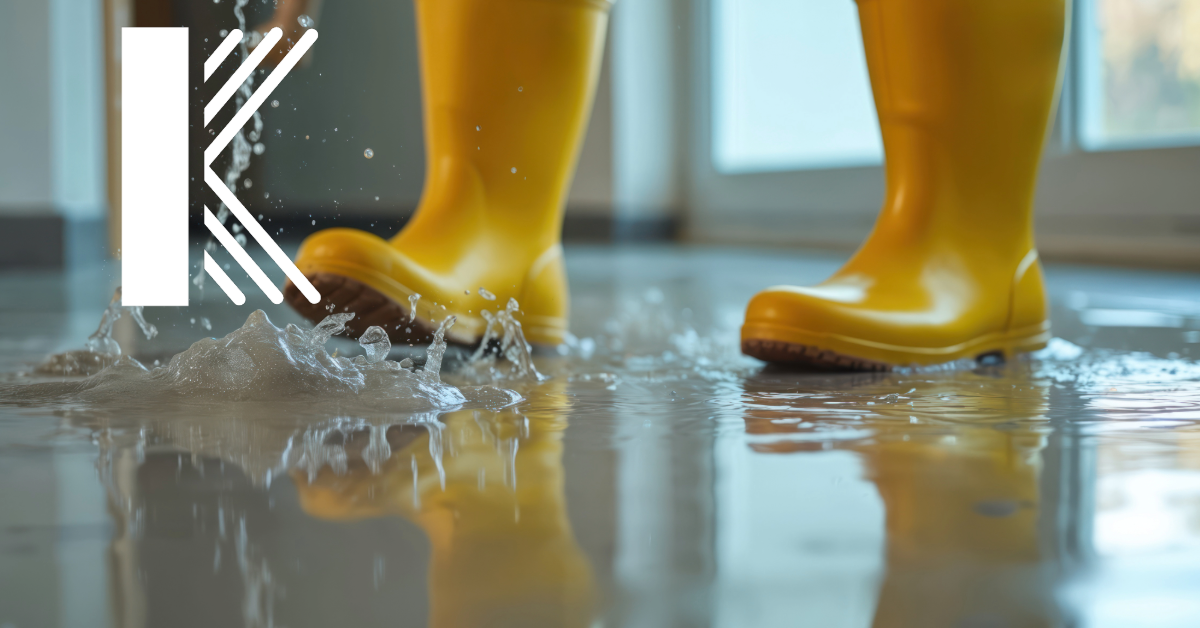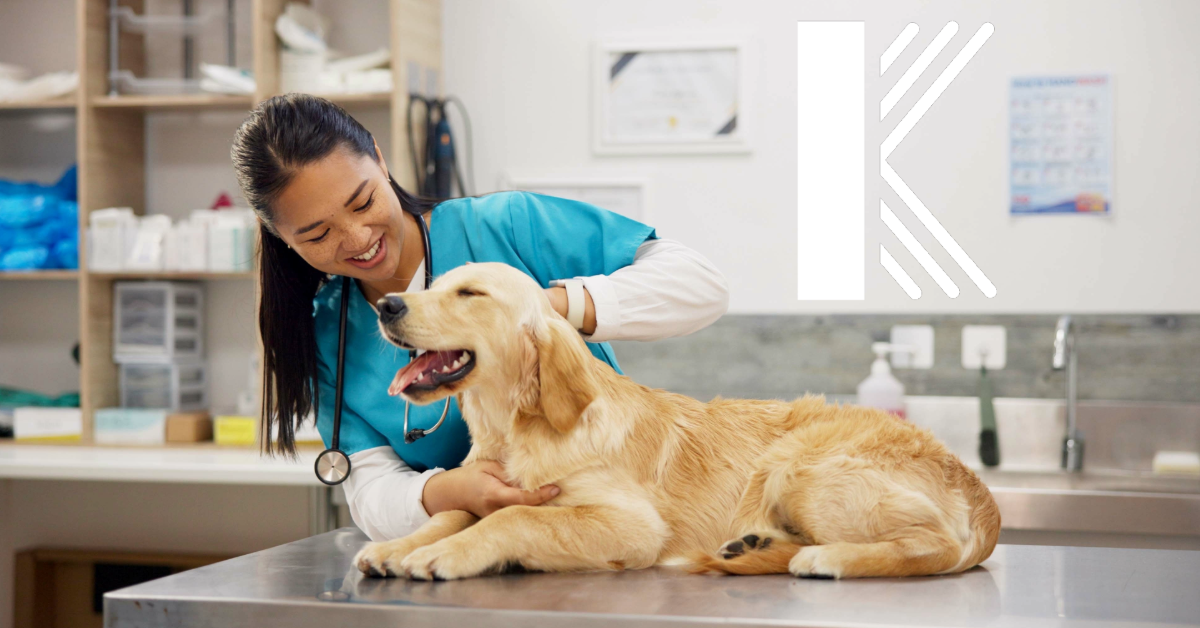2 min read
Why Your Louisiana Veterinary Clinic Needs Cyber Liability Insurance
Dr. Taylor had never considered her Lafayette veterinary clinic a target for hackers. After all, she wasn’t storing credit card...
3 min read
Levi Kastner
Jul 2, 2025 4:52:16 PM

Dr. Lang had never worried about flooding. Her veterinary clinic sat on higher ground just outside Lafayette, far from the bayous and levees. But during one of those "once-in-a-century" rainstorms (the third in five years), the streets turned to rivers. Water crept into the clinic overnight—soaking the floors, shorting the wiring, and displacing a weekend’s worth of appointments. Her commercial property policy? It didn’t cover flood damage. Recovery became an expensive scramble.
A lot of veterinary clinics in Louisiana think they don’t need flood insurance. But if you own or lease a clinic anywhere in this state, that assumption can cost you more than just money—it can cost you your business.
In Louisiana, flood risk is everywhere. Whether your clinic is in Baton Rouge, Lafayette, New Orleans, or a smaller town in Acadiana, flash flooding can hit hard and fast. You don’t have to be next to a river or bayou to be at risk.
Parking lots that don’t drain, overwhelmed storm systems, or even heavy rain over short periods can leave your clinic dealing with water damage—and without the right policy, you’ll be on the hook.
Many veterinarians assume their standard commercial property insurance includes flood coverage.
It doesn’t.
Commercial property policies may cover water damage from a burst pipe or roof leak, but not from rising groundwater or flash floods. That means:
Water-logged flooring and drywall? Not covered.
Destroyed medical equipment? Not covered.
Ruined inventory, meds, or kennels? Not covered.
Unless you’ve added separate flood insurance, none of that damage qualifies for reimbursement.
Flood insurance can be written through the National Flood Insurance Program (NFIP) or through private carriers. It typically includes:
Walls, floors, ceilings, and built-in equipment
Electrical and plumbing systems
Central HVAC and water heaters
Exam tables, kennels, cages
Computers, X-ray machines, and surgical tools
Inventory, medications, and office furniture
Note: NFIP has coverage caps (e.g., $500,000 for commercial property), so a private flood policy might be better for clinics with high-value equipment.
Business interruption (unless you add a separate endorsement or private policy)
Outdoor structures or enclosures
Losses from sewer backup not directly caused by flooding
If you want protection for lost income after a flood forces your clinic to shut down, ask about Business Interruption coverage that works alongside flood insurance.
Veterinary clinics have unique vulnerabilities:
Clients often drop off or board pets—making relocations tricky
Specialized equipment (like imaging or surgical tools) can be damaged beyond repair
Contaminated water can introduce biohazard risks
Mold and moisture damage can spread fast in animal care facilities
That means even a "minor" flood can lead to major downtime, lost revenue, and animal safety concerns.
Costs vary by location, building type, and value—but premiums for flood coverage can often be under $2,000 per year for clinics outside high-risk zones. A few thousand dollars annually can save you hundreds of thousands in uninsured losses.
And remember: you can’t buy flood insurance the day before the storm hits. NFIP policies have a 30-day waiting period. You have to prepare ahead.
At Kastner Insurance, we work with veterinarians across Louisiana to protect their clinics from every angle—from liability and property to floods and cyber threats. We’re local, independent, and we understand how one storm can turn into a long-term setback if the right insurance isn’t in place.
Whether you’re in Lafayette, Youngsville, Baton Rouge, or anywhere in the Acadiana region—don’t wait for water on the floor to find out your policy falls short.
Contact us today for a quick review of your flood exposure and coverage options. We'll help you stay protected, no matter what the weather does next.
Founded in 2017, Kastner Insurance Group is a full-service, independent insurance broker based in Lafayette, LA. Our insurance agents specialize in offering a variety of insurance products tailored to individual and commercial needs, making sure clients receive personalized and comprehensive coverage options from a variety of insurance companies/insurance carriers.
With over 43 years of combined experience, the team at Kastner Insurance Group is dedicated to providing expert advice and exceptional service. They proudly serve professional offices and businesses across Lafayette city/parish, Youngsville, Broussard, Baton Rouge, New Orleans, Alexandria, Acadiana, and statewide in Louisiana.
Call us today or visit our website for a customized quote.

Lafayette Insurance, affordable insurance, truck insurance, auto insurance lafayette la, commercial insurance, commercial insurance louisiana, marine insurance, hull insurance

2 min read
Dr. Taylor had never considered her Lafayette veterinary clinic a target for hackers. After all, she wasn’t storing credit card...

2 min read
Dr. Collins ran a well-loved veterinary clinic in Lafayette. Clients adored her, and her team seemed close-knit. But when a longtime...

2 min read
Dr. Fields had just finished a late-night surgery on a Labrador with a blocked intestine. Exhausted but satisfied, she left the clinic...